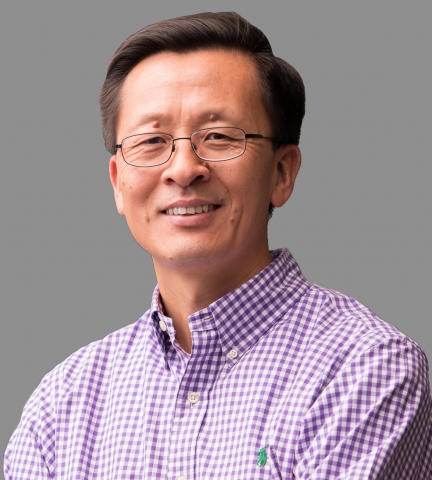IEEE DL Webinar by Prof. Jian Sun - Small-Signal Sequence Impedance Theory & Applications
Characteristics of utility power systems are undergoing some fundamental changes because of the rapidly growing use of power electronics. The fast control of power converters introduces high-frequency dynamics, creating the potential for new stability and resonance problems that are above the frequency range of traditional power system stability studies and require new modeling and system analysis methods. Small-signal sequence impedance theory was developed to meet this need. It has been successfully used to solve practical resonance problems in various systems and is gaining broad acceptance in industry. This lecture introduces the theory and gives an overview of its applications as well as new developments.
Date and Time
Location
Hosts
Registration
-
 Add Event to Calendar
Add Event to Calendar
Speakers
 Prof Jian Sun of Rensselaer Polytechnic Institute (RPI)
Prof Jian Sun of Rensselaer Polytechnic Institute (RPI)
Small-Signal Sequence Impedance Theory and Applications
Characteristics of utility power systems are undergoing some fundamental changes because of the rapidly growing use of power electronics. The fast control of power converters introduces high-frequency dynamics, creating the potential for new stability and resonance problems that are above the frequency range of traditional power system stability studies and require new modeling and system analysis methods. Small-signal sequence impedance theory was developed to meet this need. It has been successfully used to solve practical resonance problems in various systems and is gaining broad acceptance in industry. This lecture introduces the theory and gives an overview of its applications as well as new developments.
Biography:
Dr. Jian Sun joined the faculty at Rensselaer Polytechnic Institute (RPI) in 2002, where he is currently a Professor in the Department of Electrical, Computer and Systems Engineering. He is also Director of the Center for Future Energy Systems (CFES) funded by New York State government. His research interests are in the general area of power electronics and energy conversion, with an emphasis on modeling, control, and different applications including renewable energy and power systems.
He received his Dr.-Ing. Degree from the University of Paderborn in Germany. Prior to joining the faculty at RPI, he spent five years at Rockwell Collins working on power electronics for aircraft power systems, and was a Post-Doc Fellow at Georgia Tech from 1996 to 1997. As Director of CFES, he is responsible for the strategic directions and development of the Center’s research, industry collaboration, education, and outreach programs. His professional services to the power electronics community included serving as Editor-in-Chief of IEEE Power Electronics Letters from 2008 to 2014 and as Treasurer of IEEE Power Electronics Society since 2013. He is also an active consultant to the industry and has worked in that capacity with many international corporations including GE Aviation, Rockwell International, United Technologies, Facebook, GE Power, First Solar, China State Grid, and TenneT.
He received the IEEE PELS Modeling and Control Technical Achievements Award in 2013 and the R. David Middlebrook Outstanding Achievement Award in 2017. He is a Fellow of the IEEE.

